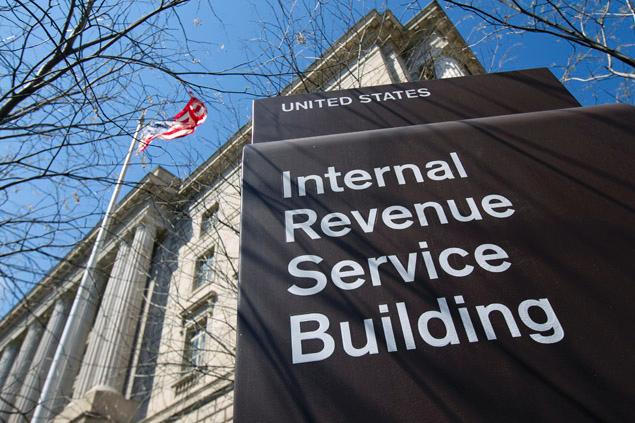
Floods, fires and other disasters are unpredictable. Are you properly storing and protecting your financial and tax information?
The IRS recently published an article about how to protect your important records in case of natural disasters, such as hurricanes and floods, in light of Hurricane Preparedness Week.
Documents that should be securely stored:
• banking information
• insurance cards and policies
• wills and power of attorney documents
• household inventory & valuable documentation
• birth and marriage records
• recent tax returns, W2s, 1099s, receipts for tax deductions and any other evidence you need to back up entries on your tax return
Take the time to document your valuables, especially items of higher value. Keeping photos or videos of the content of you home will make it easier to claim any available insurance and tax benefits if disaster strikes.
It’s important that all documents are saved in two places. Paper records should be stored in a secure location, preferably under lock and key, with a copy stored digitally for backup. When storing your information digitally, make sure the documents are stored safely and securely.
Protect your documents by:
• Using strong passwords
• Using security software with firewall and anti-virus protections
• Encrypting sensitive files such as tax records you store on your computer
• Learning to recognize and avoid phishing emails
If you retain you records electronically on your computer, you should always have an electronic back-up in case your hard drive crashes. Be sure to encrypt the files both on your computer and any back-up drives you use. When disposing of electronics, properly wipe the drives of all devices to ensure all personal data is erased.
Not sure about what to keep and for how long? The IRS recommends retaining copies of your tax returns and supporting documents for a minimum of three years to a maximum of seven years. Records relating to property you own should be kept for three to seven years after the year in which you dispose of the property. Your federal and state tax records, as well as any financial or health records should be shredded before disposal.
At Corrigan Krause, security is a priority. Our client portal offers a secure online space that allows our clients to conveniently send and receive files. Clients can effortlessly exchange, store and organize files of varying sizes while staying compliant with data privacy. All documents are stored for one year.
Talk to a professional at Corrigan Krause about your financial records and how to keep them safe and secure.


